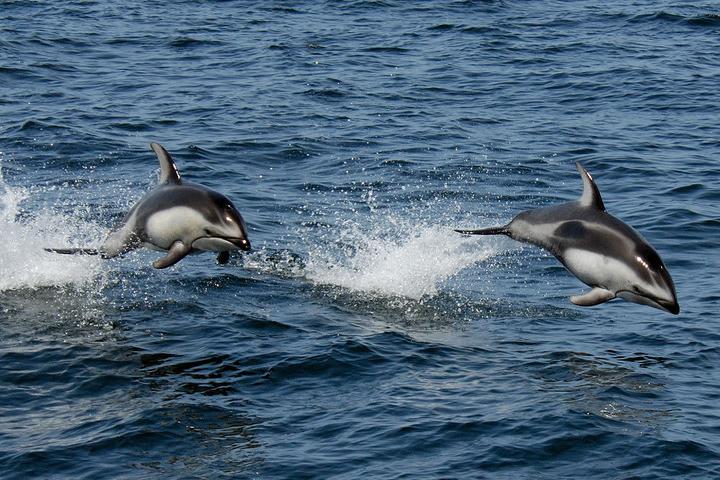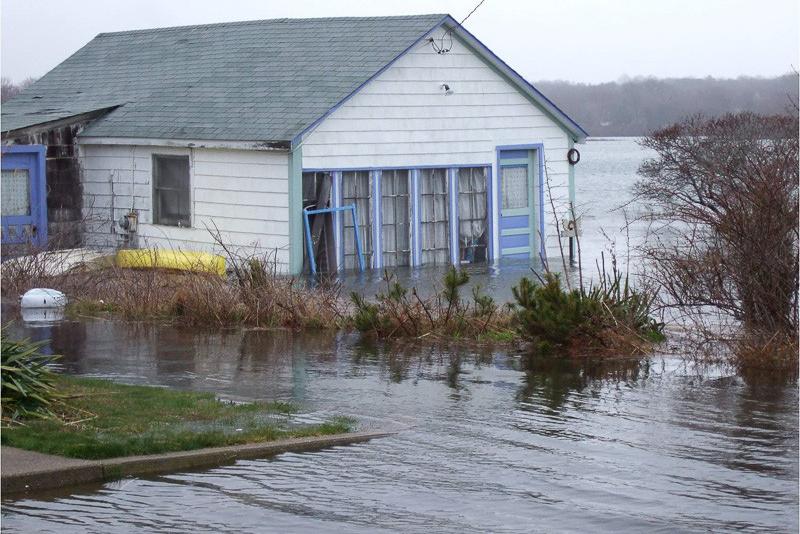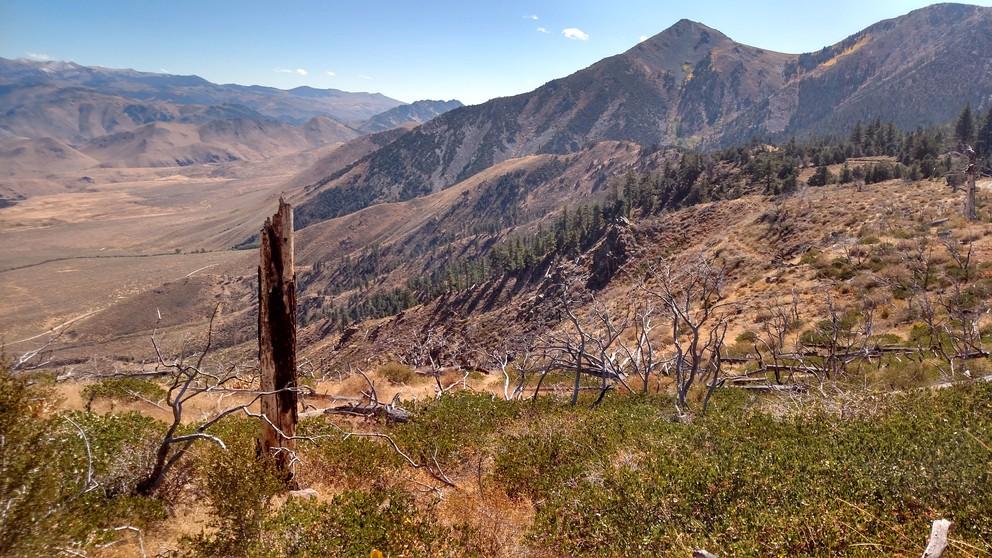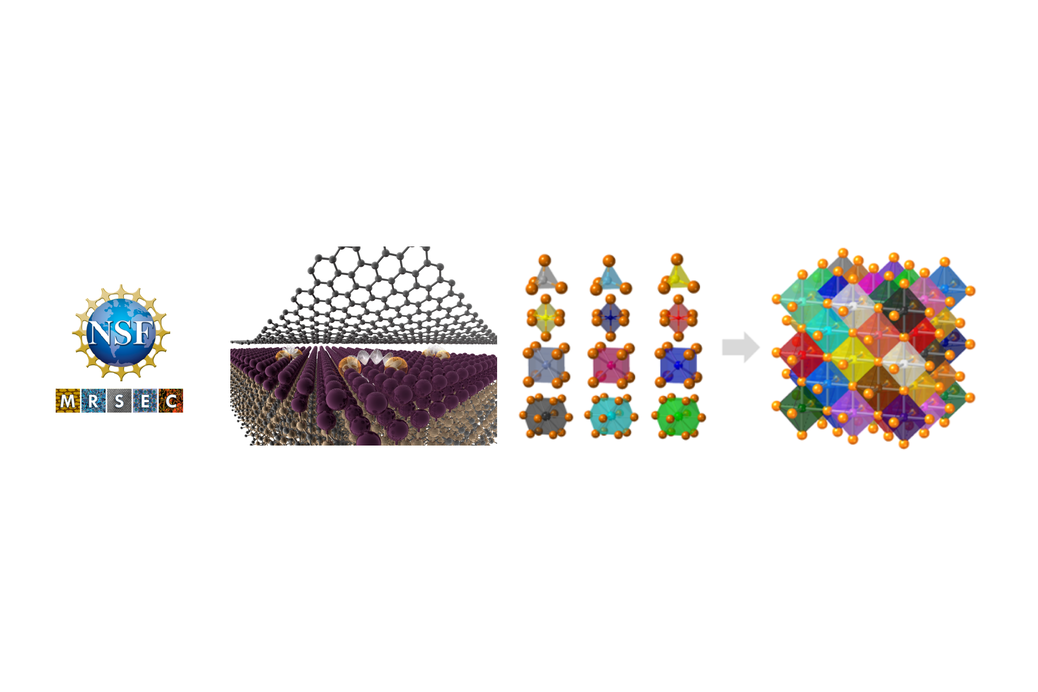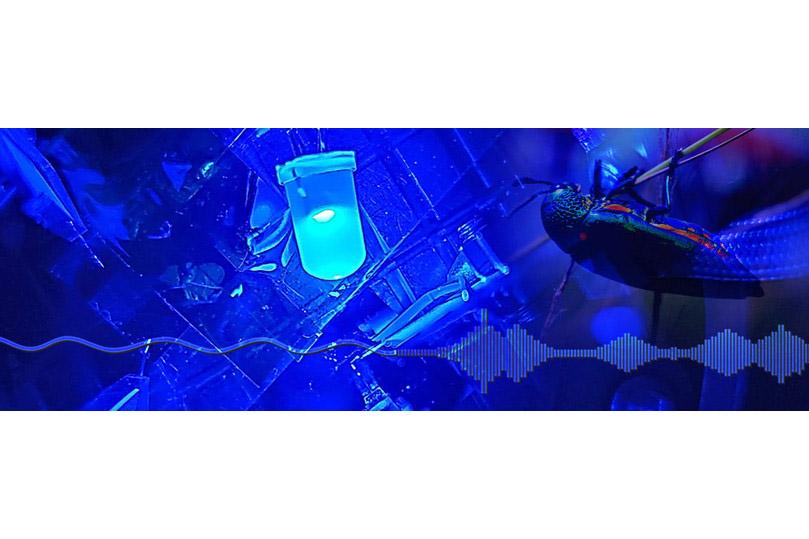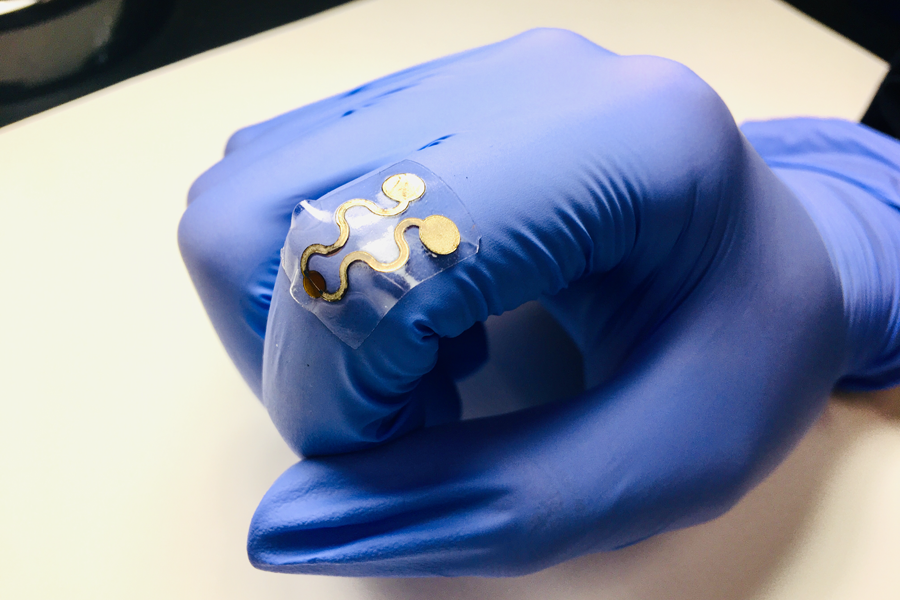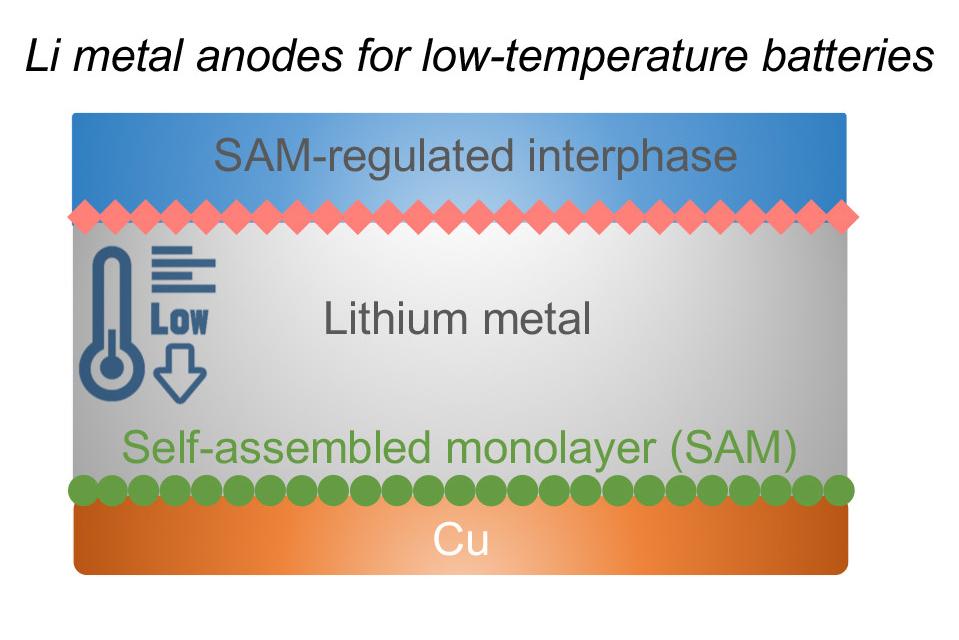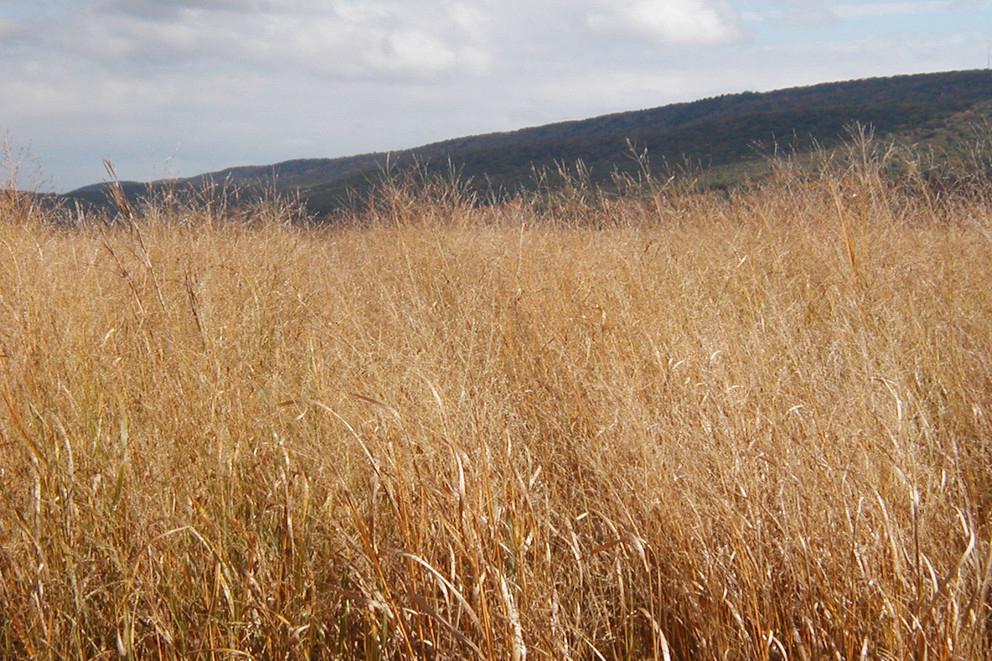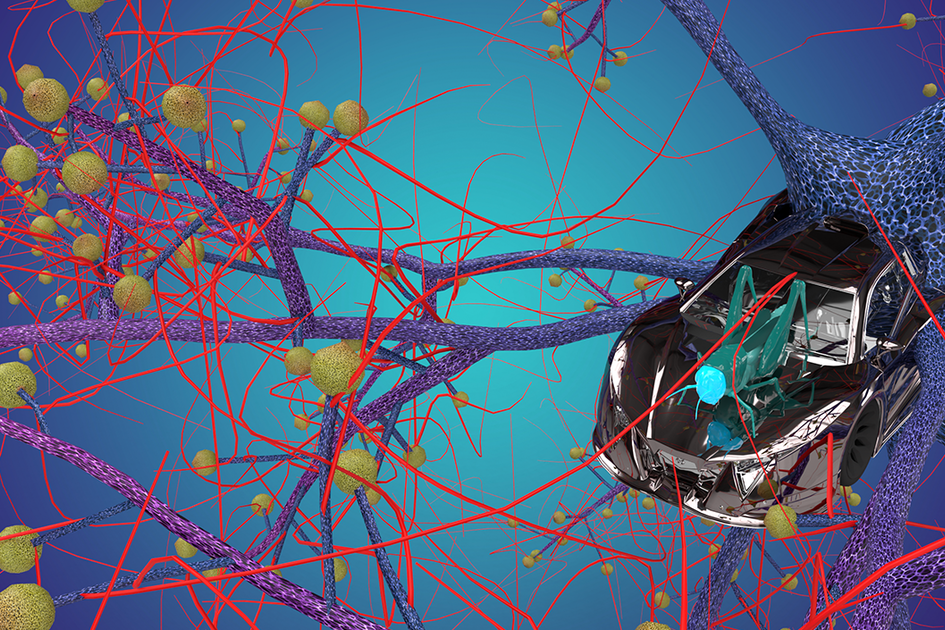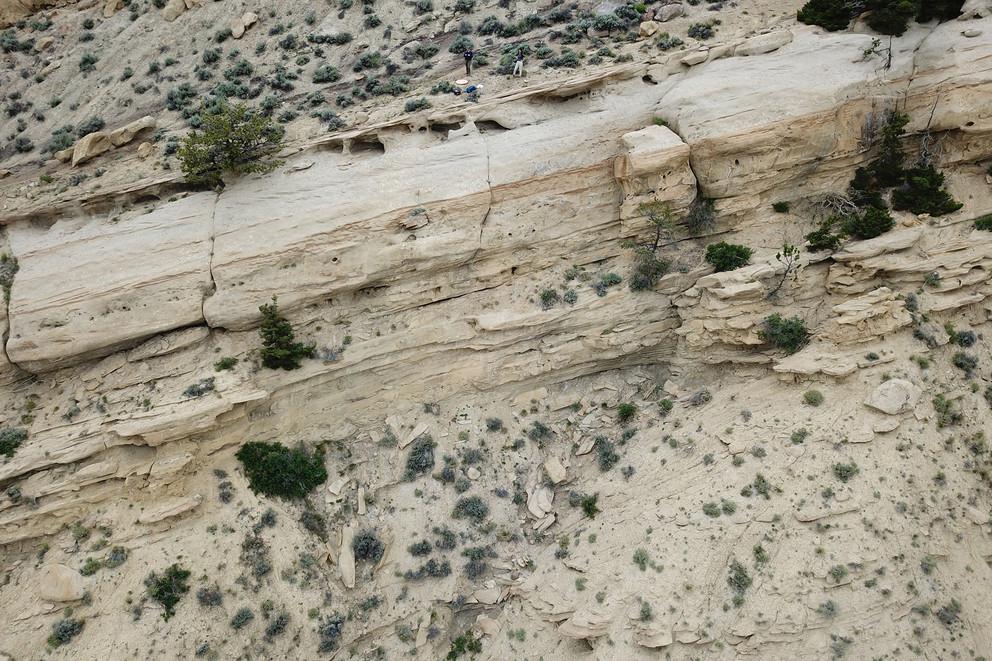Read the latest news about research conducted by investigators in the College of Earth and Mineral Sciences. Our faculty and students are continually advancing technology, creating solutions and expanding knowledge with new and innovative research.
News
As the globe warms, the atmosphere is becoming more unstable, but the oceans are becoming more stable, according to an international team of climate scientists, who say that the increase in stability is greater than predicted and a stable ocean will absorb less carbon and be less productive.
Typically, computer models of climate become more and more complex as researchers strive to capture more details of our Earth's system, but according to a team of Penn State researchers, to assess risks, less complex models, with their ability to better sample uncertainties, may be a better choice.
A warming climate and more frequent wildfires do not necessarily mean the western United States will see the forest loss that many scientists expect.
The Center for Nanoscale Science, a National Science Foundation Materials Science and Engineering Center (MRSEC), has again successfully renewed its NSF support in the highly competitive MRSEC program. The new iteration of the center encompasses two of NSF’s Big Ideas — "Quantum Leap" and "Harnessing the Data Revolution."
Adding noise to enhance a weak signal is a sensing phenomenon common in the animal world but unusual in manmade sensors. Now Penn State researchers have added a small amount of background noise to enhance very weak signals in a light source too dim to sense.
A stretchable, wearable gas sensor for environmental sensing has been developed and tested by researchers at Penn State, Northeastern University and five universities in China.
In the search for a reliable, quick-charging, cold-weather battery for automobiles, a self-assembling, thin layer of electrochemically active molecules may be the solution, according to a team of researchers.
Plant-based biofuels can play a key role in reducing greenhouse gas emissions and removing excess carbon dioxide from the atmosphere, and growing these crops in certain landscapes offers net climate benefits compared to other land use options, according to a team of international scientists.
Plagues of locusts, containing millions of insects, fly across the sky to attack crops, but the individual insects do not collide with each other within these massive swarms. Now a team of engineers is creating a low-power collision detector that mimics the locust avoidance response and could help robots, drones and even self-driving cars avoid collisions.
In a field exercise, geosciences student Katie Reilly moved from point to point, analyzing surface geological formations, hoping to gain insight into the environmental conditions that formed portions of the Rocky Mountains.



